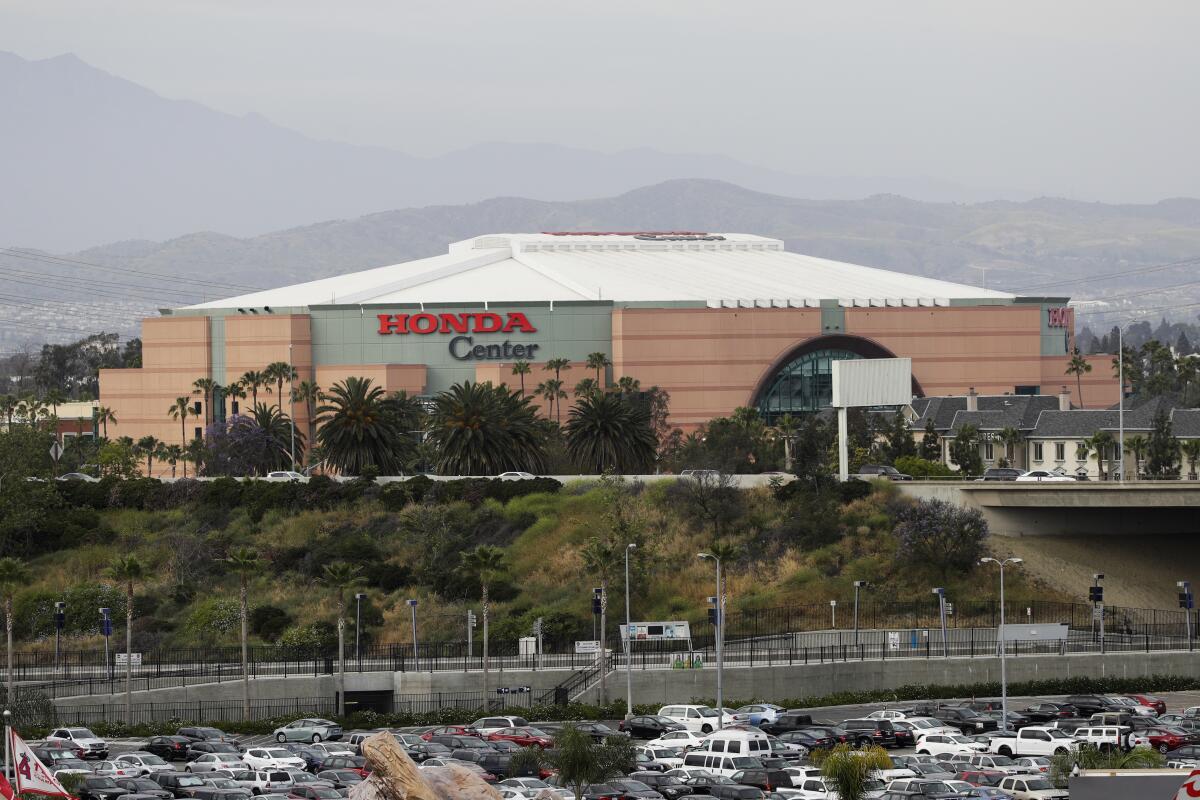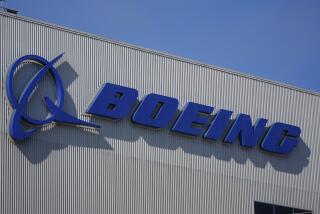Honda will give autoworkers 11% raise after UAW’s big win

Honda Motor Co. will raise the pay of some U.S. employees by 11% after the United Auto Workers’ historic contract victories at its unionized Detroit competitors, according to a company memo seen by Bloomberg.
“Honda continuously reviews our total rewards packages to ensure we remain competitive within our industry,” the company’s human resources department wrote in a memo for locations including Ohio, Indiana and Georgia. “Effective Monday, Jan. 8, 2024, associates on pay progressions will receive base wage increases of 11%.”
While nonunion automakers race to boost pay and keep the union out of its gates, the UAW is trying to organize foreign-owned factories in the U.S. along with Tesla and upstart Rivian Automotive. The union has already begun seeking support at those companies.
On its Facebook page, the UAW told employees at Toyota, Honda, Hyundai, Tesla, Nissan, BMW, Mercedes-Benz, Subaru, Volkswagen, Mazda and Rivian that “a better life is out there. It’s up to you to take action. Join our movement, and join the UAW.”
The link leads to a page where interested workers can give the union their contact information.
Honda spokesman Chris Abbruzzese said that in addition to the pay raise, the company would shorten progression time for production associates at its U.S. facilities. He said since 2021, Honda has added more than 10 new benefits, including childcare reimbursement and a student loan repayment program.
“We will continue to look for opportunities to ensure that we provide an excellent employment experience for Honda associates,” Abbruzzese said in an email.
The UAW’s high-profile strike and record-breaking contract wins have buoyed efforts to organize at nonunion companies where it has long struggled to secure footholds.
Honda’s wage increase followed Toyota Motor Corp.’s move earlier this month to increase the highest wage for most assembly line workers by 9.2% in January.
UAW President Shawn Fain said raises such as Toyota’s are a direct result of the UAW’s success and won’t be enough to stop the union from organizing those companies.
“Toyota, if they were doing it out of the kindness of their heart, they could have chosen to do it a year ago,” Fain said in an interview with Bloomberg News last week.
In a Nov. 3 memo viewed by Bloomberg, Subaru of Indiana Automotive, the only U.S. manufacturing site for Subaru, said it has been asked by “many” employees to respond to the Detroit automaker agreements.
“It is SIA’s intentions to continue to respond to market conditions and inflationary pressures responsibly and reasonably as our financial means permit us to do so,” the company said in an internal memo, adding that it plans to announce a formal response Nov. 22.
In an emailed statement, SIA spokesman Craig Koven said the company would “be providing our associates a pre-holiday announcement that will include a response to current industry circumstances.”
Nissan Motor Co. said in a statement that it aims to be “an employer of choice, offering compensation and benefits above market norms.” It added that it would continue to “monitor conditions to maintain our competitiveness.”
Under the UAW’s tentative agreements with General Motors Co., Ford Motor Co. and Stellantis, union members will get 11% raises as soon as the new contracts are ratified. Over the life of the contract, the automakers agreed to give a 25% wage increase and restoration of a cost-of-living allowance, which takes top pay up 33% over that time, as well as giving new workers a faster progression to the top wage of $42 an hour.
“One of our biggest goals coming out of this historic contract victory is to organize like we’ve never organized before,” Fain has said. “When we return to the bargaining table in 2028, it won’t just be with a Big Three, but with a Big Five or Big Six.”
More to Read
Inside the business of entertainment
The Wide Shot brings you news, analysis and insights on everything from streaming wars to production — and what it all means for the future.
You may occasionally receive promotional content from the Los Angeles Times.










